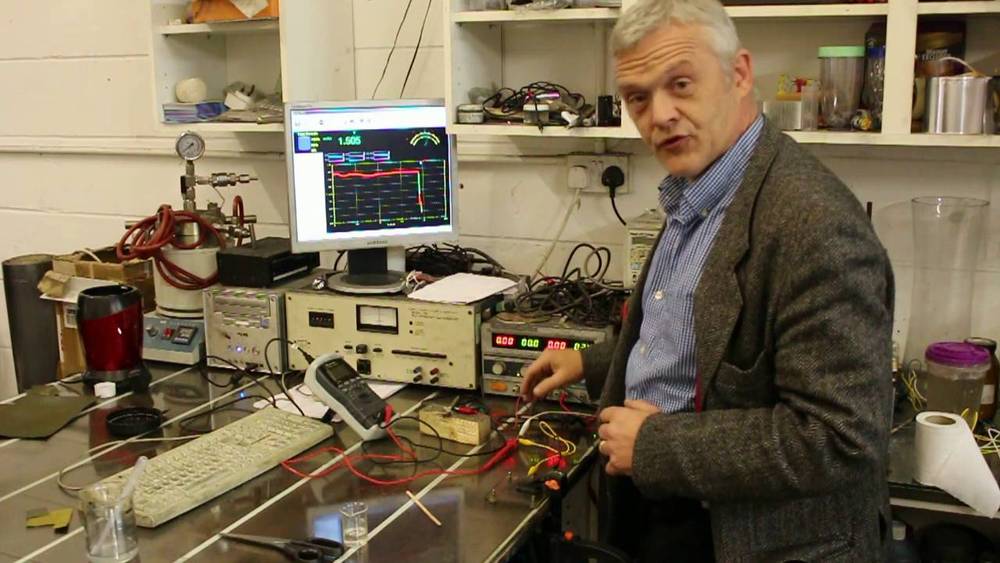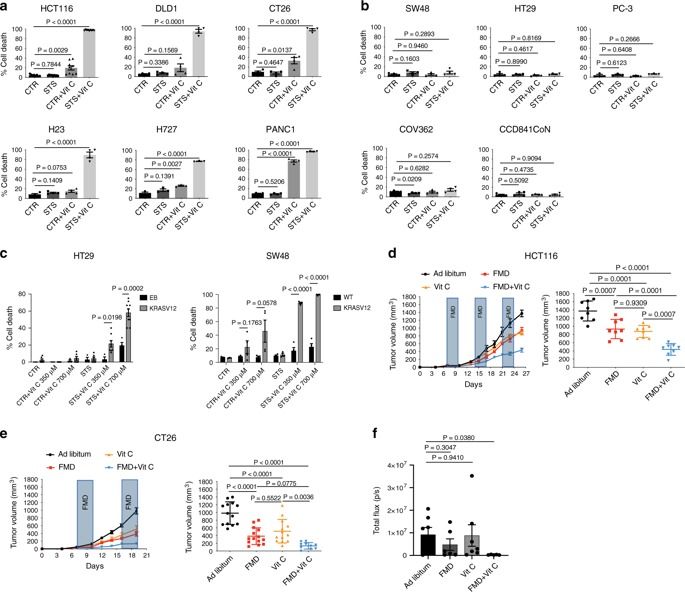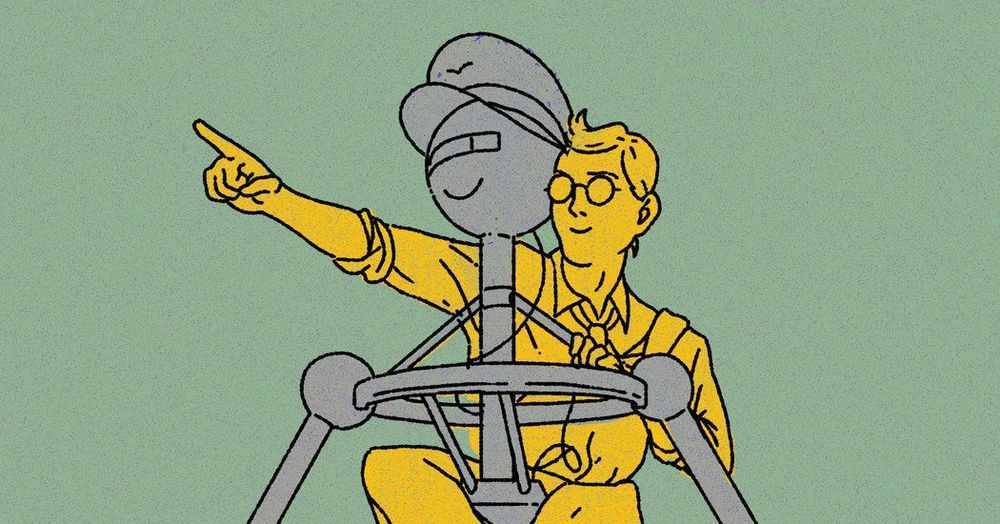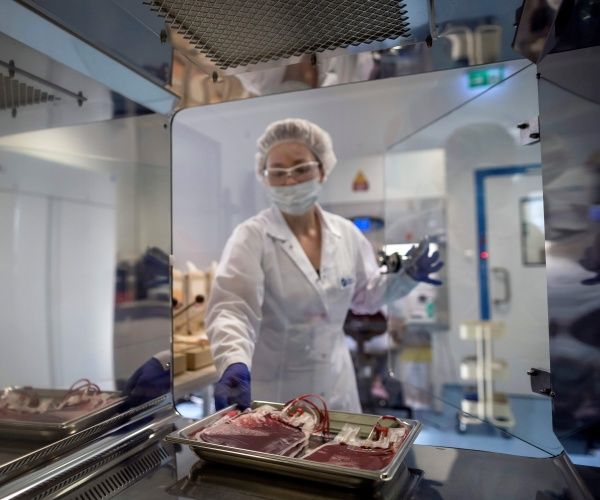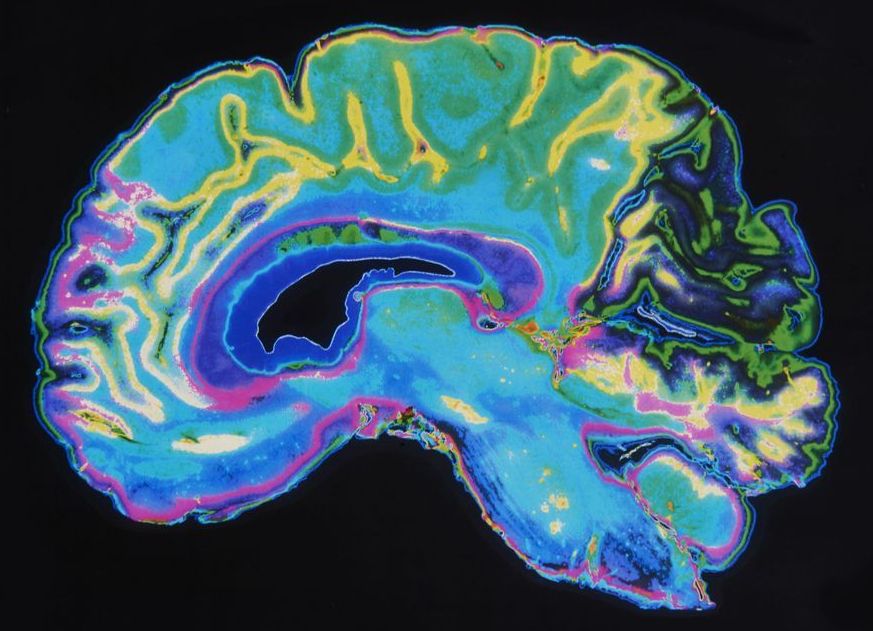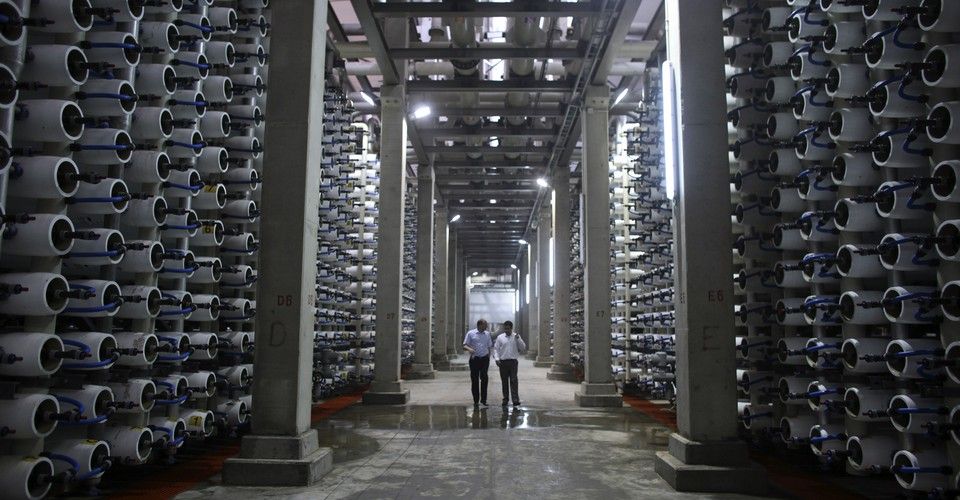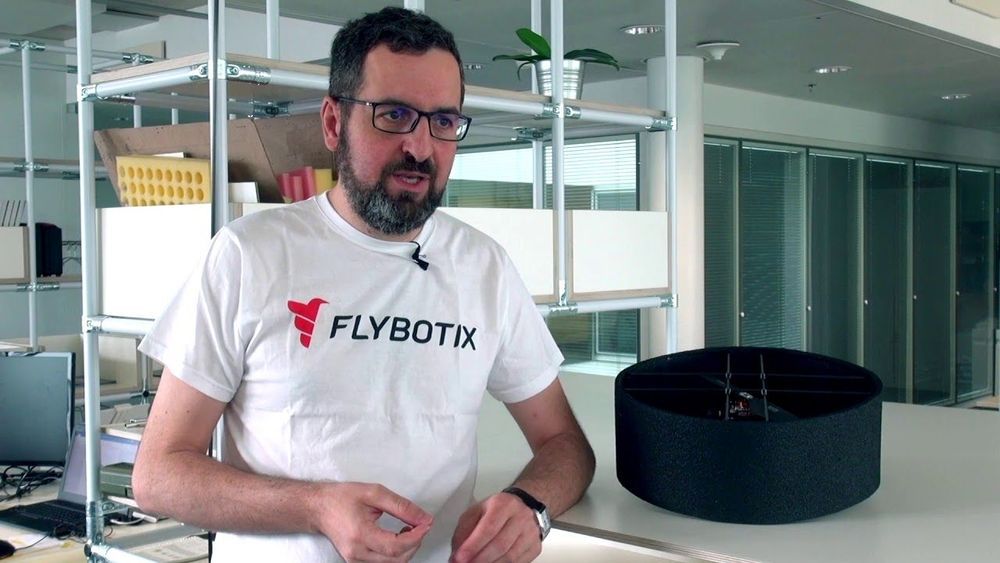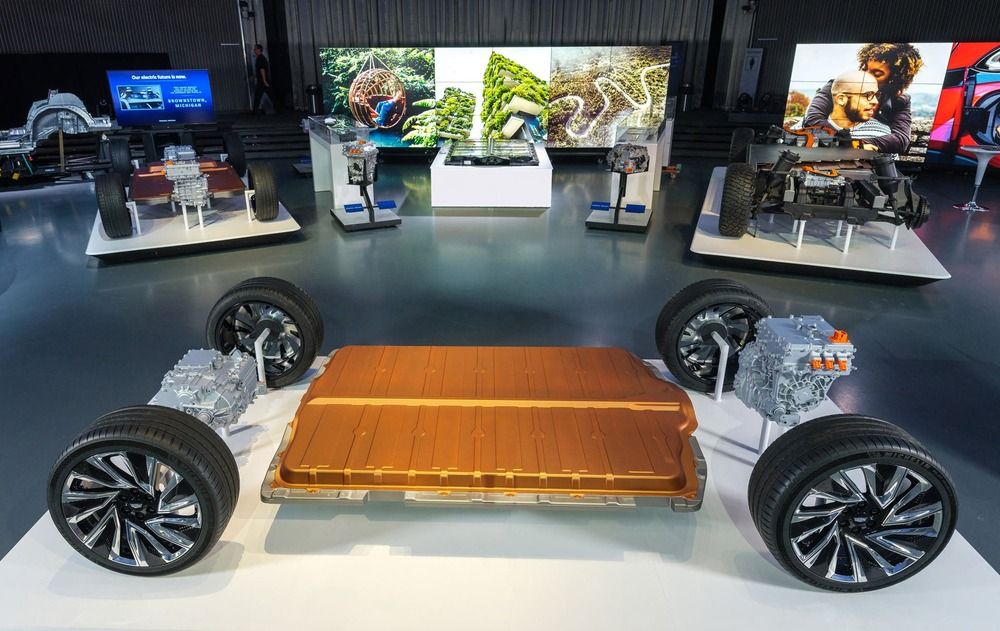May 24, 2020
Earth power: hemp batteries better than lithium and graphene
Posted by Quinn Sena in categories: sustainability, transportation
Henry Ford’s Model T was famously made partly from hemp bioplastic and powered by hemp biofuel. Now, with battery-powered vehicles starting to replace those that use combustion engines, it has been found that hemp batteries perform eight times better than lithium-ion. Is there anything that this criminally-underused plant can’t do?
The comparison has only been proven on a very small scale. (You weren’t expecting a Silicon Valley conglomerate to do something genuinely groundbreaking were you? They mainly just commercialise stuff that’s been invented or at least funded by the state.) But the results are extremely promising.
